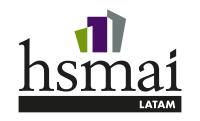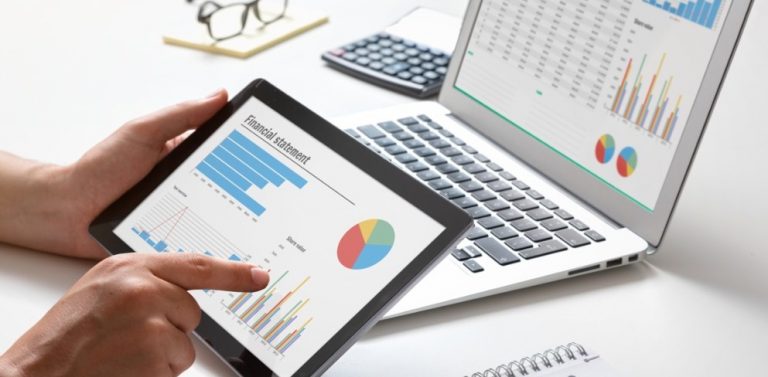In an era of technological advancement, staying up-to-date with the latest tools and systems can present a considerable challenge, both organizationally and personally.
However, adopting technology can provide us with better data analysis, the ability to deliver personalized guest experiences, and expand revenue opportunities.
Furthermore, technology and artificial intelligence can offer solutions, simplify routine tasks, and allow our leaders the opportunity to focus on the more creative and strategic aspects of their roles. Barriers such as budget constraints and a reluctance to change can hinder continued technology adoption.
Hotel leaders are in a unique position to be agents of change as we speak the language of technology. Often, it was a matter of showcasing the concrete benefits of technology: how revenue management and business intelligence platforms can not only integrate with existing systems but also significantly increase ROI by optimizing pricing and improving operational efficiency. This requires a dual focus on data, as well as achieving buy-in through effective communication.
The goal is to use technology as a tool to enhance, not replace, in-person interactions, ensuring that the hospitality experience remains warm, genuine, and ultimately human. This balance is key to leveraging data for personalization while preserving the hospitality guests require.
According to Nicole Dehler, vice president of management at StayNTouch, hotel owners and managers must also leverage modern, flexible technology to expand revenue opportunities, personalize guest experiences, and grow their businesses. In 2024, we should pay attention to the following technologies:
- The most contemporary cloud PMS with attribute-based selling: Unlock guest personalization through targeted offers and increase revenue.
- Mobile and self-service technologies: Redefining guest interactions and minimizing persistent labor shortages and high turnover in the hospitality industry.
- Digital payments: a secure and convenient transaction experience. A unified system consolidates payment facilitation steps into a single provider, facilitating chargeback resolution, ensuring compliance with data protection regulations, and protecting guests from cyberattacks.
- Internet of Things (IoT): High service scalability, efficiency, and sustainability are some of the benefits of IoT, as it is poised to significantly improve the guest experience, resulting in higher customer satisfaction, increased loyalty, and ultimately more repeat bookings.
- Advanced Revenue Management: Data-Driven Decision Making. Advanced revenue management systems leverage machine learning algorithms to analyze market trends, competitor pricing, and guest behavior.
We leave you with some provocative questions:
- As leaders, we belong to a generation that grew up with major technological advancements. How can we leverage this technological mindset and experience to challenge existing technology in our organizations and adopt new solutions and systems?
- Could it be argued that, in the context of rising labor and supply costs, economic uncertainty, and labor shortages, technological integration can help address these challenges?
- With rising costs and budget constraints, how can we effectively demonstrate a return on investment to justify our adoption of new technologies?
- How can technology increase revenue beyond room sales by leveraging hyper-personalization tools?


